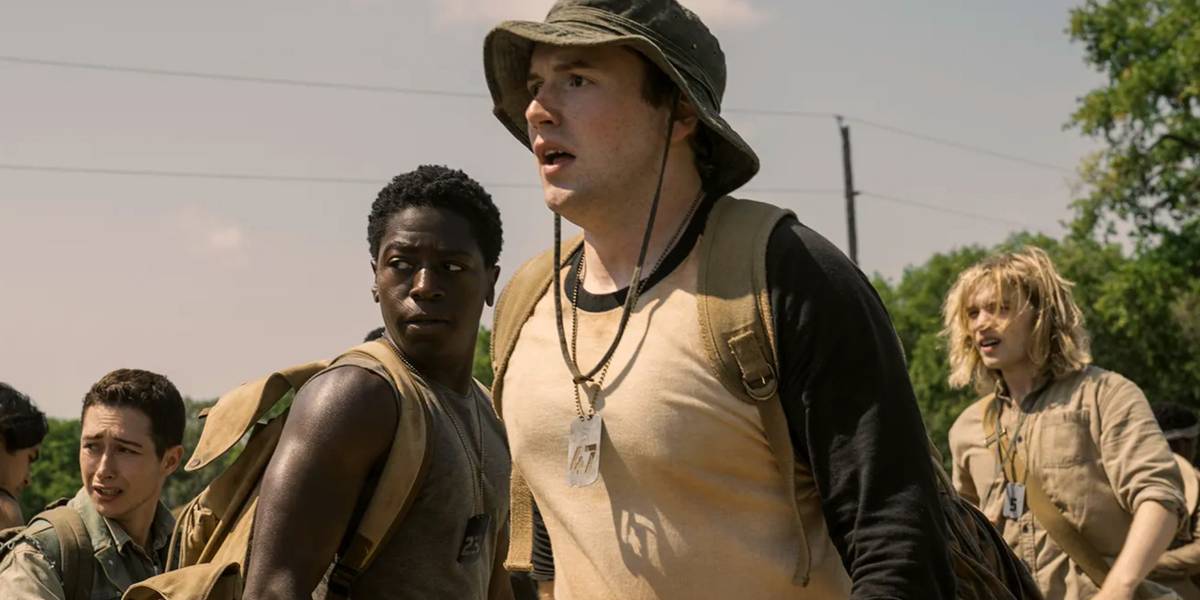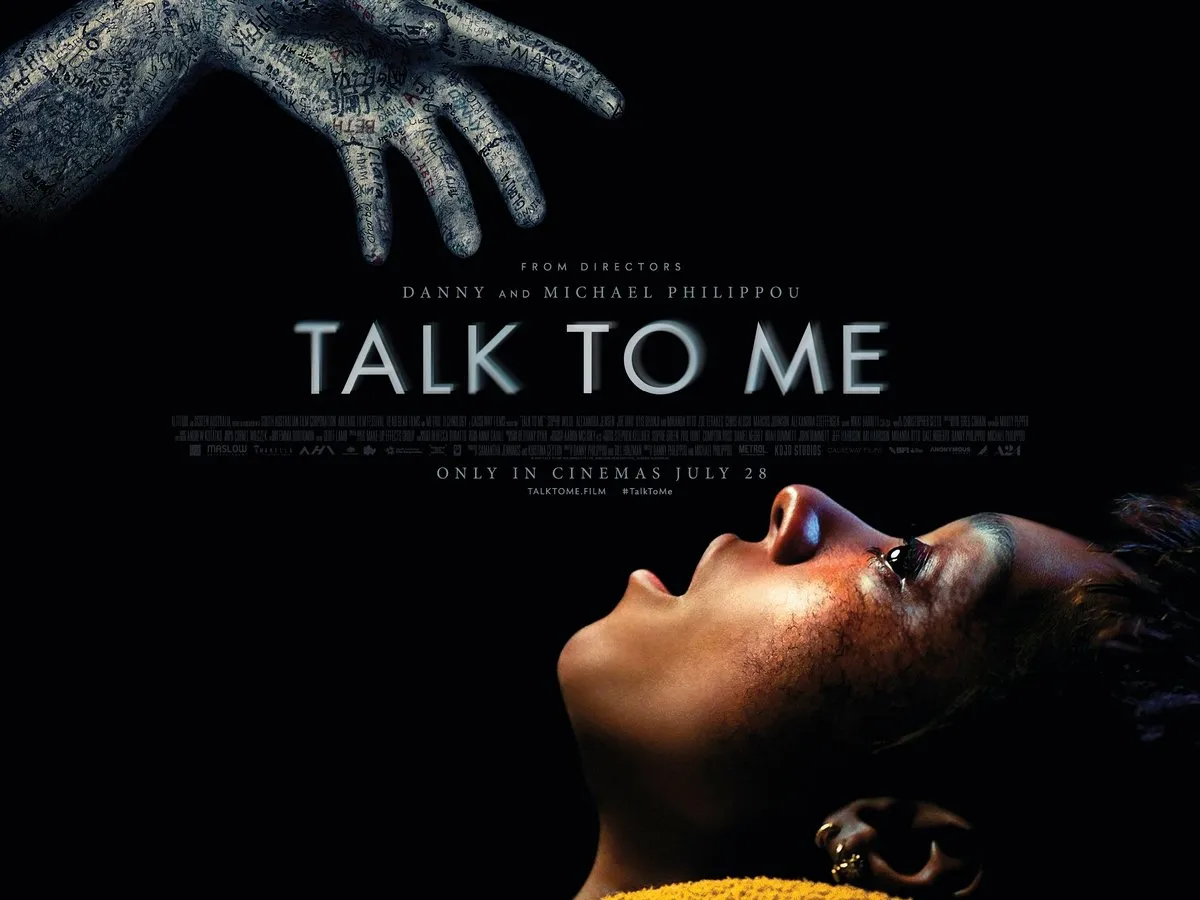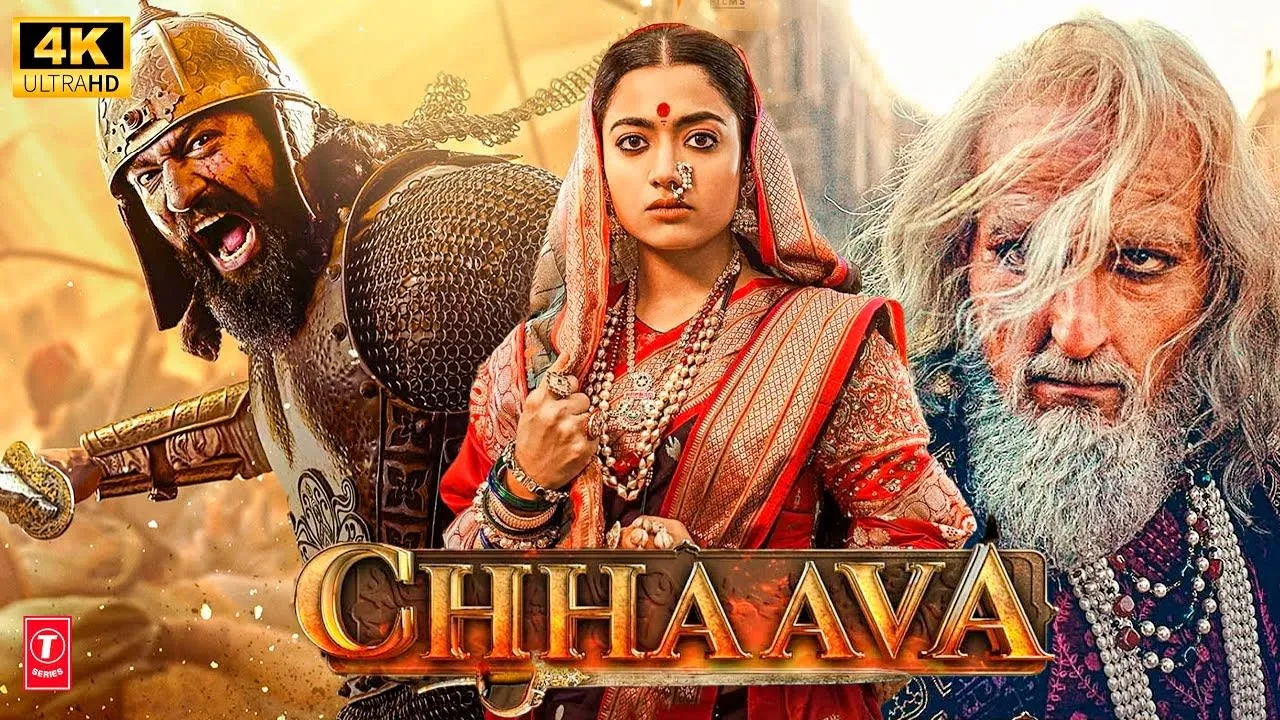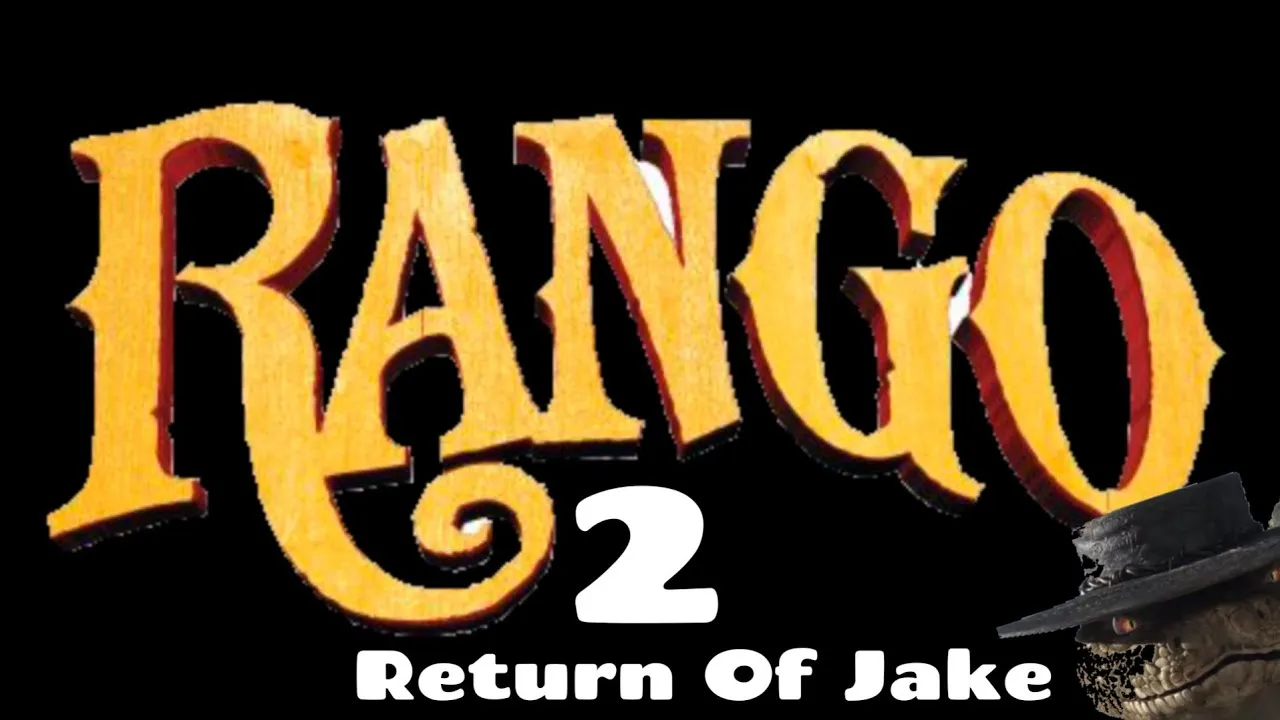One hundred boys, one endless road, and only one will take the final step.
In The Long Walk: No Return (2027), the future is drawn in brutal lines of despair and endurance. Adapted from Stephen King’s haunting tale, the film envisions a dystopian America where one hundred boys are forced into a deadly competition: a walk that never ends, unless death claims them. The rules are merciless — maintain the required pace or face instant execution. No finish line, no glory worth the suffering, only the illusion of freedom waiting at the end for the lone survivor.

The road stretches endlessly, an open grave disguised as asphalt. The boys, strangers at first, become companions in suffering, their conversations veering from dreams to confessions, from jokes to cries of pain. Yet the truth lingers: every bond is temporary, every friendship is doomed. Because on this path, only one can live, and even that survival carries a cost too great to name.
What sets The Long Walk: No Return apart is not just its dystopian terror but its piercing humanity. Every character is sketched with heartbreaking intimacy — the boy who walks for love, the one who walks for pride, the one who walks because there is nothing left. Their steps echo the struggle of an entire society that has traded freedom for control, entertainment for cruelty. Each mile is both a physical torment and a spiritual reckoning.

The film’s cinematography paints the road as both prison and executioner — a horizon that promises nothing but the slow unraveling of bodies and minds. The steady rhythm of boots on cracked pavement becomes a heartbeat of dread, underscored by silence, gunshots, and the collapse of boys who can walk no longer. In this cruel spectacle, the audience becomes complicit, watching as suffering transforms into ritual.
By the final stretch, The Long Walk: No Return leaves the viewer with a truth darker than death: survival is not triumph, but punishment. For in a game where hope has no place, the last man standing is not a victor, but the loneliest soul alive.



